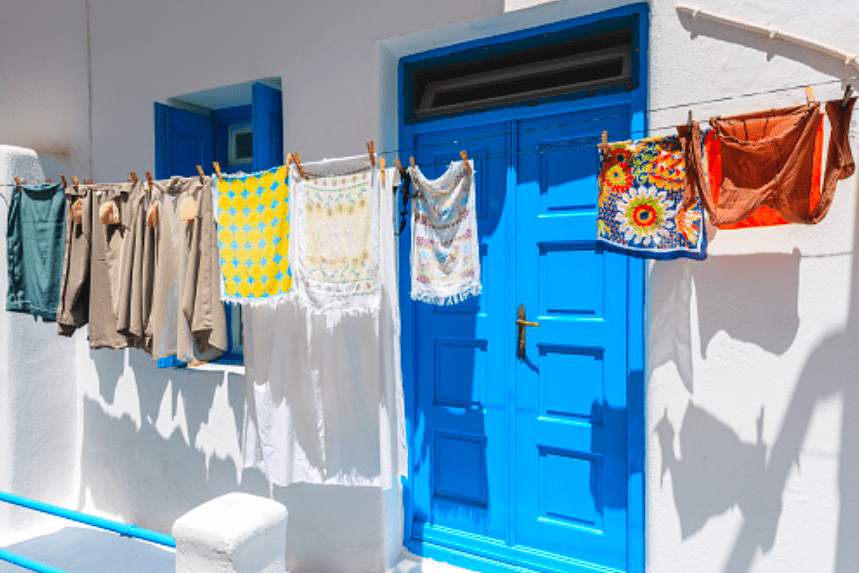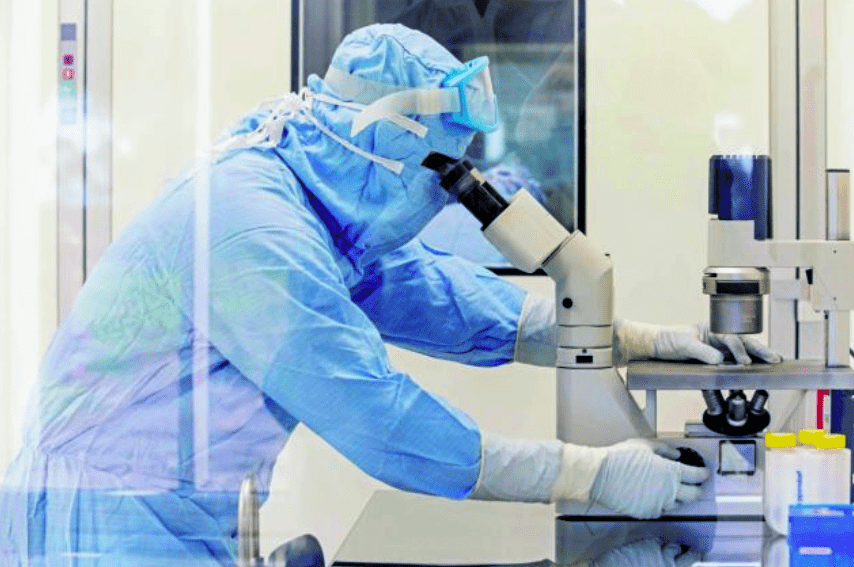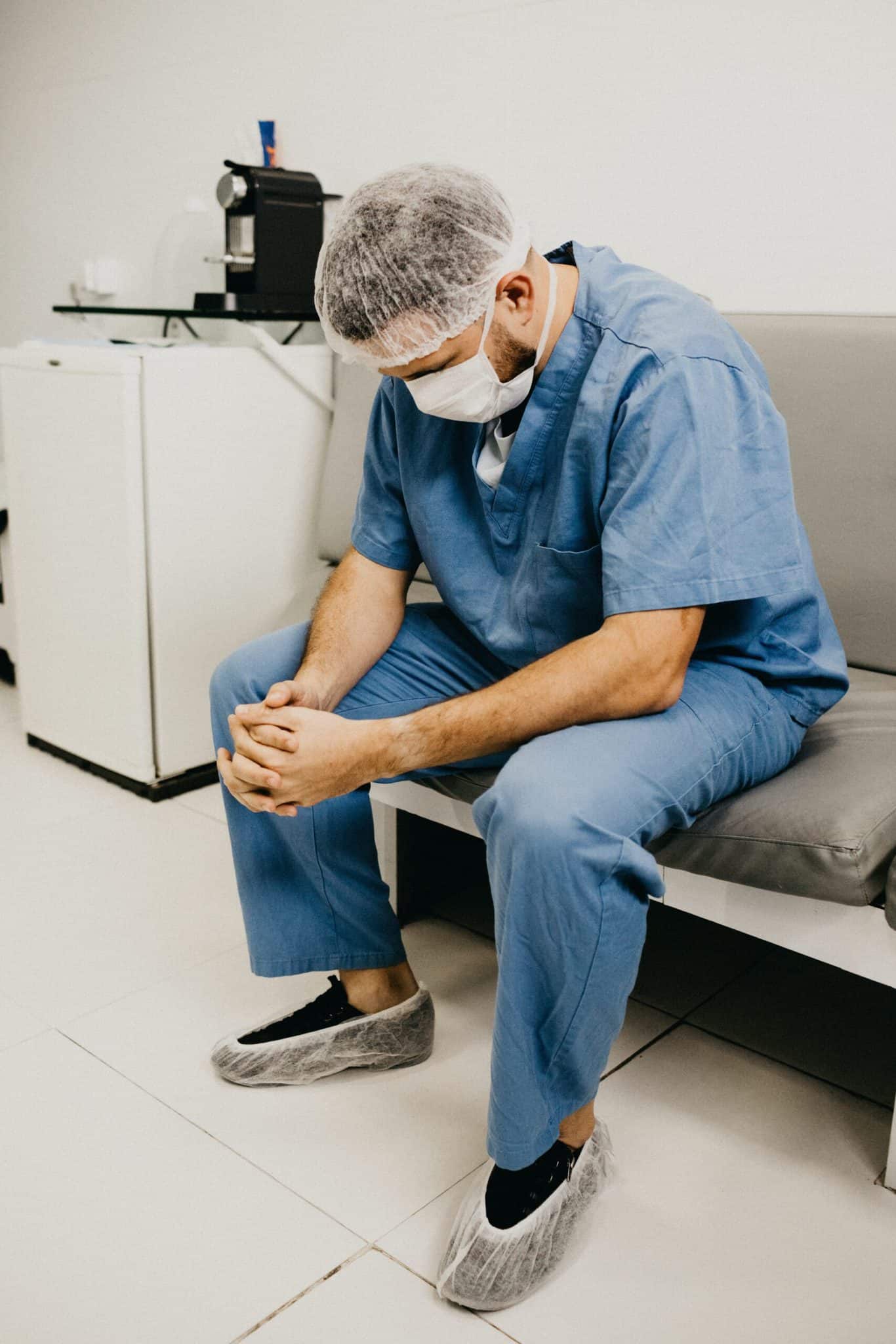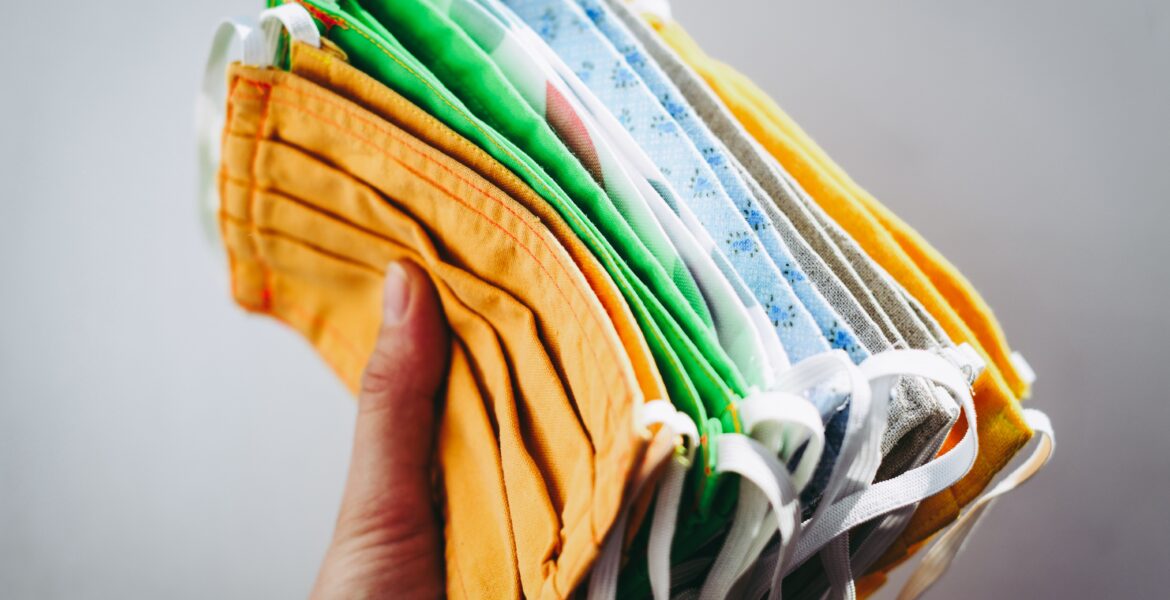Researchers have developed an inexpensive, non-toxic coating suitable for almost any type of fabric which can reduce the infectivity of SARS-CoV-2, a strain of coronavirus that causes COVID-19, by up to 90%.
According to the researchers at the University of British Columbia (UBC), in the future each of us will be able to spray this coating on fabrics to protect against coronavirus.

The Light Method
In the study, scientists immersed a cloth in a solution containing a bactericidal polymer base which is a molecule that releases oxygen forms with sterilising properties when exposed to light.
They then used ultraviolet light to turn the solution into a solid coating on the fabric.
"The coating has both passive and active antimicrobial properties,” said lead author Dr Michael Wolf, a professor of chemistry at UBC.
"It kills germs when they come in contact with it, and that property is enhanced when the fabric is exposed to light.”
Hydrophobic Fabric
All the components of the coating are safe for human use, while the "light" process used to create the antimicrobial coating takes about an hour at room temperature, said study co-author Taylor Wright, a doctoral researcher in the Department of Chemistry.
The researcher added that the coating also makes the fabric hydrophobic, which means that pathogens are less likely to stick to it.
Low Cost and Easy to Make
An added advantage of the innovative coating is that it can be used on almost all types of fabrics, such as cotton, polyester, jeans and silk – with possible applications for hospital fabrics, fabrics for protective masks and sportswear.
At a time when other such technologies require a lot of energy or expensive equipment to develop, the method used by the UBC scientists is low cost and relatively easy to apply.
"All we need is a teapot and an electric light bulb,” said Wright. "I'm sure I could complete the process of creating the coating on a simple home electric cooker.”
The Bacterial "Soup" Experiment
To test the antimicrobial properties of the coating, the researchers dipped a coated cloth into bacterial "soups" containing the bacterium Escherichia coli (E. coli) as well as the golden staphylococcus resistant to methicillin (MR) nosocomial infections.
They found that after 30 minutes, 85% of the E. coli bacteria remained in the fabric, dropping to 3% when the fabric was exposed to green light for 30 minutes.
Correspondingly, 95% of MRSA bacteria remained in the fabric before it was exposed to green light, after which the rate dropped to 35%. After four hours there were no live bacteria on the fabric.

Exposure to Green Light
Given that sunlight and fluorescent light have a lower percentage of green light, the research team expects similar but less effective results when the fabric is exposed to these light sources. Therefore, when extra protection is needed, the team recommends placing the fabric in a room with a green light bulb - which costs a few tens of euros.
90% Reduction in the Infectivity of SARS – CoV -2
The scientists also looked at whether the coating they developed could reduce the infectivity of the SARS-CoV-2 virus today. They immersed a coated cloth in a solution containing the virus particles and then exposed the solution to living cells to see if it was capable of infecting them.
When the fabric was placed under green light for two hours, a reduction of up to 90% in the infectivity of SARS-CoV-2 was recorded.
Coated Face Masks: The New Weapon Against COVID
"Making face masks based on this new technology can be a significant addition to our 'arsenal' against COVID-19, especially in terms of high-transmissibility variants of SARS - CoV - 2 such as Omicron," said Dr François Jean, Professor of Virology at UBC, co-author of the study.
Hospital Fabrics and Sportswear
The new coating can also be used on sportswear fabrics, covering surfaces which are exposed to sweat and hence eliminating the bacteria associated with the bad odours of sweat.
According to the researchers, the University has applied for a patent for the technology in the United States with hospital fabrics and sportswear companies already showing interest.

Read also Greek National Football Team: Gus Poyet officially the new coach

